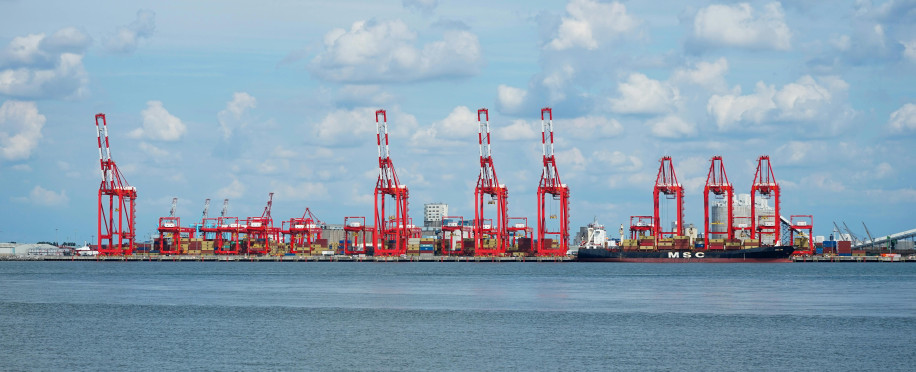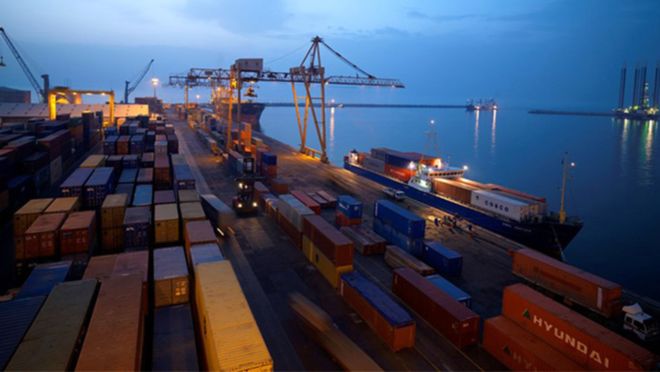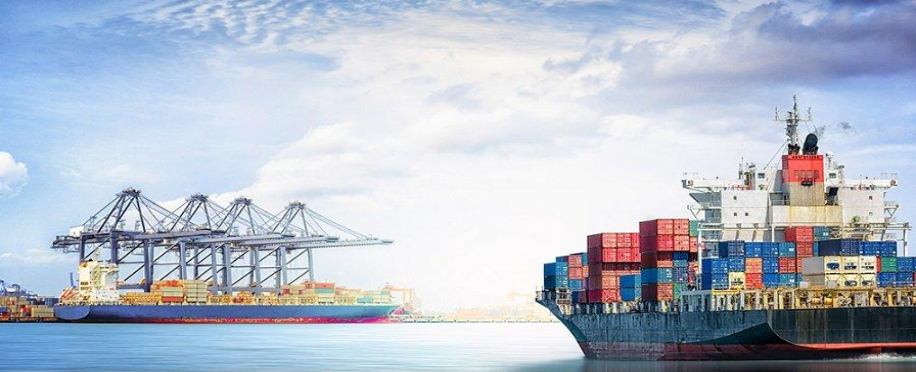The UK calls for expanding the Emissions Trading Scheme to the marine industry

Posted on Dec 11, 2024 at 07:12 PM
The UK Emissions Trading Scheme (UK ETS) is considering expanding its program to include marine emissions and acknowledge non-pipeline transport routes like ships, roads, and rail for carbon geological storage.
The UK ETS, launched in 2021, aims to decarbonise the UK's aviation, power, and industry sectors by setting emissions caps and implementing tradeable allowances to encourage businesses.
Expanding Its Scope: UK ETS & the Maritime Industry
The scheme will include the marine sector, forcing domestic enterprises to purchase permits for each tonne of carbon released to guarantee that fuel costs appropriately represent their environmental effect.
Moreover, the UK ETS Authority plans to modify free allocation rules to prevent participants who permanently cease operations from receiving surplus allowances in their final year, ensuring their allowance is proportionate to their activity levels.
The UK ETS has introduced changes to allow sites to cease decarbonisation activities, aiming to encourage more carbon-efficient production across all industrial sectors.
Besides, the UK ETS Authority emphasises the importance of carbon capture and storage for achieving net-zero targets, particularly in energy-intensive sectors like steel, cement, and chemicals.
Sites without direct pipeline connections will require alternative transport options, such as road, rail, or ship, to access carbon capture and storage technology.
Furthermore, the UK ETS will allow operators transporting CO2 for storage to deduct their storage amount from their reportable emissions, providing economic support for industrial sites without pipeline access.
Notably, the UK Emissions Trading Scheme Authority (ETS) is expanding to include maritime transport for carbon capture and storage, according to ministers Sarah Jones, Huw Irranca-Davies, Gillian Martin, Andrew Muir, James Murray, and Mike Kane, aiming to boost investment in clean technologies.
Maritime Training Online courses offer vital expertise for navigating the complexities of sustainability and emission trading schemes, alongside key compliance insights that define the sector's approach to environmental concerns.
A Critical Focus on Maritime Emissions
The documents go into further detail about earlier pledges to consult on the scheme's expansion, including two consultations:
· The UK ETS plans to expand to include maritime emissions, outlining domestic voyage definitions, ship thresholds, exemptions, and greenhouse gas coverage. It also explores potential interactions with regional and international emissions pricing.
· The UK ETS will acknowledge non-pipeline transport of CO2 via shipping, road, or rail to permanent geological storage, reducing the carbon price for emitters who successfully capture CO2 through this method.
The proposed changes will go into effect in 2026.
In 2023, the UK ETS Authority, comprising the UK Government, Scottish Government, Welsh Government, and Northern Ireland's Department of Agriculture, Environment and Rural Affairs, announced a series of reforms to reduce industrial, power, and aviation emissions.
The EU ETS, launched in 2005, is the world's largest carbon market and a key component of the EU's climate change efforts, operating on a “cap-and-trade” principle.
Additionally, the European Commission suggested including shipping in the EU ETS in July 2021 as part of the Fit for 55 packages, which aims to cut GHG emissions by 55% by 2030 (relative to 1990 levels).
In short, this plan intends to cut emissions from the marine sector, which accounts for around 3-4% of worldwide CO2 emissions. Maritime shipping continues to be one of the industries with the highest carbon emissions while being an essential component of global trade.
Read more news:


